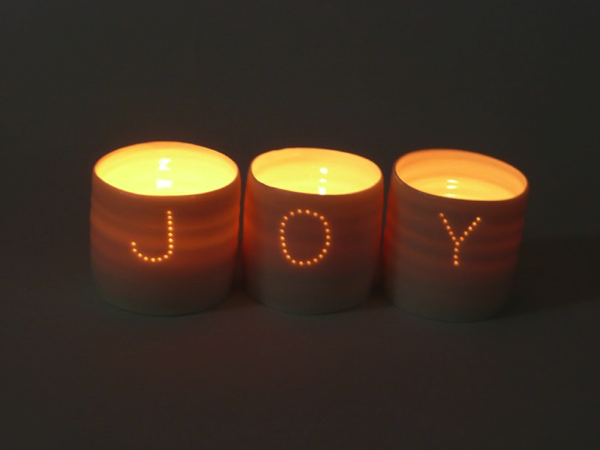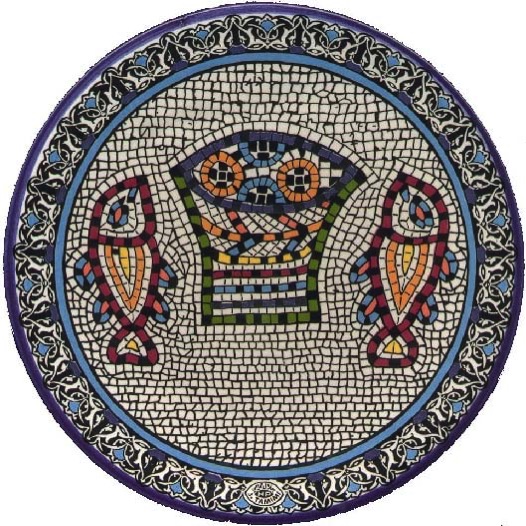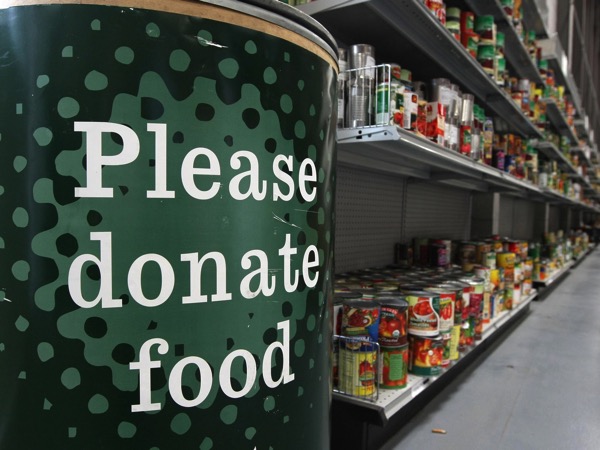In the morning, long before dawn, he got up and left the house, and went off to a lonely place and prayed there. (Mark 1:35)

Saturday mornings for me, as a child, always seem to have included Junior Choice on the radio. It was I think originally called Children’s Favourites, and on the Light Programme which then, in the late 60s became Radio 1 and Radio 2.
It was a request show, and in the days before the Hit Parade (that’s what the charts were called in those days) had much impact on children, so the same songs were played week after week after week.
I remember Bernard Cribbins singing about Diggin' an' 'Ole; and there was Puff the Magic Dragon; “Hello Muddah, Hello Faddah”; “Three Wheels on my Wagon” … and a song which oddly came back into my mind as I was preparing this homily - Terry Scott, singing about "My Bruvver".
Who put salt in the sugar bowl? Who put fireworks in the coal?
Who put a real live toad-in-the-'ole? My brother!
Who put jam in mother's shoe? Who made real caterpillar stew?
Who locked Grandad in the loo?... My brother!
My brother said it wasn't he, who put shampoo in Grandma's tea
My brother said that it was me – my brother's rotten.
What on made me think of this song?
Well - it was these words.
`e don't think my mum knows `ow to brings us up right... I
don't think so either.
You know, every night when we're wide awake, she makes us go to bed.
And then in the morning when we're fast asleep, she makes us get up.
Funny how some words fix in your mind. And as we grow up, the only thing that really changes is its now not our Mum's who do this to us, but we force our ourselves.
It s like the story about the son, comfortably cosy in bed who is woken by his mum
Wake up! She says. It’s time to go the Mass!
I don’t want to go to Mass! says the boy.
Why not? asks the mother.
I’ll give you three reasons, says the boy.
Firstly, it’s boring.
Secondly, I’m old enough to make up my own mind, and
Thirdly, nobody likes me there anyway.
Well you’ve got to go, says the Mother.
Firstly, it’s half past ten.
Secondly, it’s Sunday
And thirdly - you’re the Parish Priest.
Well, these are not modern sentiments only. Two and a half thousand years earlier. Job said much the same, in our first reading:
Is not man’s life on earth nothing more than pressed service …
Lying in bed I wonder, ‘When will it be day?’
Risen I think, ‘How slowly evening comes!’
Restlessly I fret till twilight falls.
We've all been there I guess. If you are working - it's that Monday morning feeling ... And that yearning for Friday afternoon for the rest of the week. Or, if you are not working it is that glancing at the clock or the watch and being convinced that it must have stopped.
Today’s Gospel presents us with something else, though - a day in the life of Our Lord:
Afternoon in the synagogue, then to Simon Peter’s House -
in the evening receiving the sick -
in the morning moving on to preach and heal somewhere else.
The time is flying by ... it sounds a bit like some of my daily routine ... No two days the same ...
He Never stops.
So which are you - the one who moves relentlessly from task to task, need to need, place to place? Or the person who peers carefully through the curtains, praying for another ‘snow day’?
And it needn’t change so much if you don’t have to go to work anymore - after all, some of us get up in the morning eager to embrace the day … while others hide under the sheets, avoiding the day for as long as possible.
Now let’s not be misled or be made to feel guilty by our readings today.
Being busy may sometimes be necessary, but isn't a good or virtuous thing just in itself. Some people are so active that they never stop and think. Some are so busy that they forget the needs of the people around them, especially family and friends.
That is not the example of Jesus. Jesus is a man of action, but he is also a man of prayer. He embraces the crowds, but also goes off to a lonely place to pray. Work without recreation is mere drudgery; Activity without reflection is just busy-ness; Productivity without prayer is empty.
We don’t have to be busy, manic activists to please God. We do not need to wear ourselves into the ground to please him. And we must always remember that prayer is not another activity, to be somehow prised into the day, an extra job or chore to be carried.
It should not be bolted on to our lives, but built in to them.
It is the refuge from the rush of life. It is the reminder of our responsibilities, rather than just a listing of our tasks. It is the powerhouse, the fuel, the motivation, which gives us our purpose and our focus. It is the Grace, from which all our action flows.
——
A Junior Choice playlist can be found on the BBC Website: http://www.bbc.co.uk/programmes/b03m7h0m




 Some people love a good argument and others don’t. Some find it exciting and exhilarating. Others feel uncomfortable at the conflict generated. ‘Why can’t we all get on?’ they would say. ‘Why can’t we just agree to differ? Live and let live?’
Some people love a good argument and others don’t. Some find it exciting and exhilarating. Others feel uncomfortable at the conflict generated. ‘Why can’t we all get on?’ they would say. ‘Why can’t we just agree to differ? Live and let live?’












